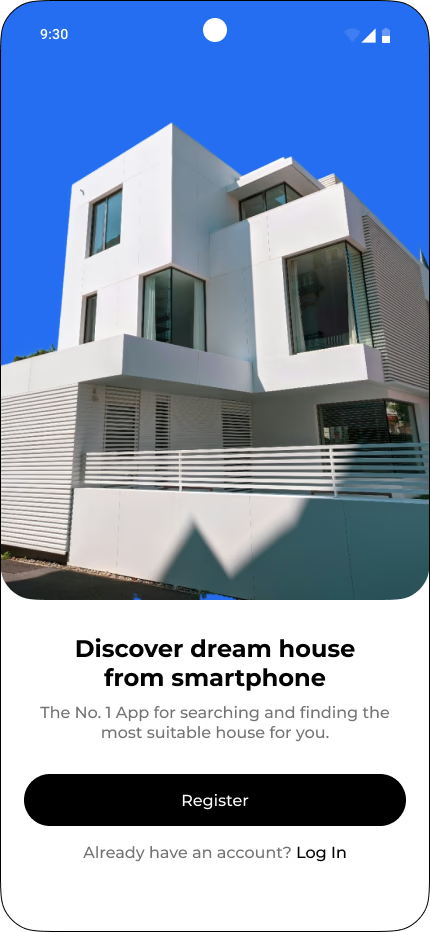Agenda Solidaria
Date:
Feb 5, 2025
Clients:
Municipio de Tandil

Project Overview
Agenda Solidaria is a digital platform designed to connect volunteers with NGOs and community events. Its mission is to promote social impact by making it easy for users to discover volunteering opportunities, join events, and support causes aligned with their values. The primary goal was to create an inclusive, engaging, and intuitive experience for people of all ages, especially first-time volunteers.
My Role
As a Product Designer, I was responsible for:
Conducting user research
Defining UX strategy and flows
Wireframing and prototyping
Creating the visual design
Iterating based on usability testing
User Research
During the discovery phase, I carried out interviews and surveys with potential volunteers and NGO representatives. These sessions revealed critical insights that shaped the core of the design:
Key Findings
Users were aged 18–45, ranging from students to professionals with limited time.
There was a clear demand for a centralized place to find and filter events by date, category, and location.
Volunteers valued transparency, task clarity, and the ability to sign up easily.
NGOs needed a simple way to publish events and manage volunteers.
Competitive Analysis
I benchmarked platforms like Meetup, Idealist.org, and GoVolunteer to identify opportunities for differentiation.
Insights
Most platforms are too formal or overwhelming for younger users.
Gamified and emotionally engaging UIs lead to higher engagement.
Mobile-first experiences are essential for engagement in Latin America.
UX Strategy & Information Architecture
Using insights from research and analysis, I designed a simple and clear structure that prioritizes discoverability and action.
Core UX Pillars
Empathy and Purpose: Every screen was crafted to reflect community and impact.
Efficiency: Users could find events or NGOs with just a few taps.
Transparency: Each task within an event had its own description and schedule.
User Flow
I designed an intuitive user journey for both discovering and registering for events:
Home Feed – Highlights upcoming events and NGOs with search capability.
Event Exploration – Filters by date, location, and week.
Event Detail Page – Clear task list, schedule, and volunteer CTA.
Favorites & Notifications – Users can bookmark and receive updates.
Wireframing & Prototyping
I created low-fidelity wireframes in Figma to validate flow logic, then iterated into high-fidelity prototypes. These prototypes were tested on mobile to simulate real usage conditions.
Design System
To ensure consistency and accessibility, I built a design system featuring:
Accessible typography for readability on small screens
Warm, encouraging color palette to reflect trust and empathy
Large, tappable buttons following WCAG standards
Card-based content to segment information clearly
Usability Testing & Iterations
I tested the prototype with 6 users (3 volunteers, 3 NGO admins). Feedback was instrumental in refining the final design.
Improvements Based on Testing
Simplified filter options on the events screen
Increased contrast for task cards for readability
Added a pop-up confirmation when signing up as a volunteer
Improved iconography for better comprehension
Final Outcomes & Learnings
Through a human-centered and iterative design process, Agenda Solidaria achieved:
✅ A friendly, action-oriented platform for social good
✅ Streamlined navigation that works across different user profiles
✅ Increased potential for NGO visibility and volunteer engagement
This project strengthened my skills in inclusive design, mobile-first UX, and working with mission-driven digital products. It was a powerful reminder of how design can be a catalyst for real-world impact.



